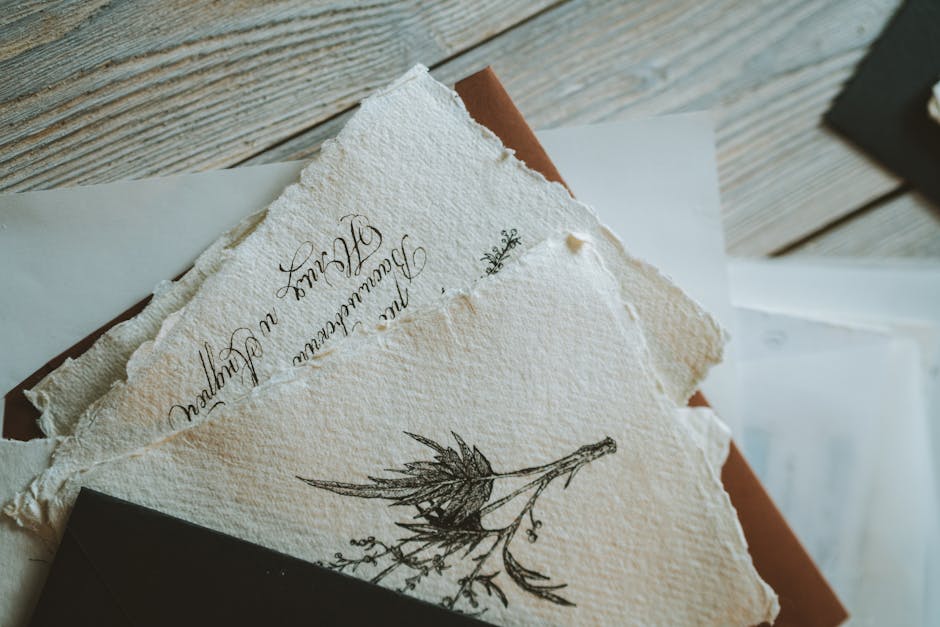Crafting a unique voice in poetry and creative writing is a profound and personal odyssey. It’s not a destination reached by following a rigid formula, but rather a continuous exploration, a shaping of your individual perspective, and a distinctive articulation of your internal landscape. This journey demands introspection, experimentation, and a willingness to embrace the idiosyncrasies that make you, you.
A singular voice transcends mere imitation and instead emerges from a confluence of factors. It’s the result of an intimate connection with your thoughts, emotions, and experiences, and the way you choose to translate them onto the page. Discovering this voice is not a quick fix but a process requiring conscious effort and consistent practice.
Firstly, embark on a journey of self-discovery. Understanding your own personal history, the experiences that have shaped you, and the values that underpin your beliefs are foundational to creating a genuine voice. What are the themes that consistently resurface in your thoughts and writings? Are you drawn to nature’s tranquility or the urban cacophony? Do you find solace in introspection or find exhilaration in the thrill of the unknown? These questions, while seemingly simple, lay bare the bedrock of your creative expression. Consider your intellectual influences, the books you cherish, the music that stirs your soul, the films that ignite your imagination. These are all threads that contribute to the rich tapestry of your voice. In essence, becoming familiar with yourself is the first crucial step.
A significant aspect of developing a unique voice involves embracing vulnerability. It’s tempting to strive for perfection, to craft polished, conventional pieces. But true artistry often blossoms from raw, unfiltered emotions. Sharing your personal experiences, even the challenging ones, can unlock profound depths in your writing. Don’t be afraid to expose the vulnerabilities that lie within. Allow your anxieties, frustrations, joys, and hopes to flow onto the page. It’s through such expressions that originality flourishes.
Next, delve into experimentation. The pursuit of a unique voice is intrinsically linked to exploring various styles, forms, and techniques. Don’t limit yourself to familiar structures. Experiment with free verse, sonnets, haikus, or even create your own unique form. Experiment with different narrative approaches. Explore the power of imagery, metaphor, and symbolism. These exploratory steps broaden your understanding of literary possibilities and aid you in finding your own signature way of telling stories.
A key component to developing a distinctive voice is cultivating an awareness of language. Pay attention to the nuances of words, their rhythm, and their connotations. Don’t just use words; use them deliberately. Seek out words that resonate with you, words that paint specific pictures in your mind, words that capture the essence of your emotions. By carefully selecting your vocabulary and employing precise language, you can create an effect that is uniquely your own.
Furthermore, be wary of imitation, but not of inspiration. Drawing inspiration from established poets and writers can be incredibly helpful, but avoid simply replicating their styles. Instead, use their techniques as stepping stones to create your own distinctive path. Study their works, analyze their choices, and most importantly, identify the elements that resonate with you, the specific styles that attract you. Then, find innovative ways to translate these ideas and structures into your own artistic voice.
Embrace the power of revision. Your first drafts may not always be your finest. Be prepared to refine, reimagine, and reshape your work. Revision is not merely editing; it’s a process of rediscovery. Step back from your writing, gain distance, and look at it with fresh eyes. Ask yourself whether your work genuinely reflects your own voice, or if it merely echoes others. This critical analysis allows you to hone your unique perspective and make your work more powerfully personal.
An important aspect often overlooked is understanding your audience. Though crucial, this is not about writing for an audience, but about understanding your audience’s sensibilities. Reading critically, knowing what types of stories resonate with people, allows you to understand the subtle shift between writing that you yourself enjoy and writing that resonates with a wider audience, and is truly yours. This can steer you towards identifying your target, while making sure that your unique voice remains at the heart of your work.
In essence, cultivating a distinctive voice is not an overnight transformation, but a gradual development. It requires unwavering self-awareness, an open-minded exploration of creative avenues, and a commitment to pushing boundaries. Ultimately, it involves listening to the subtle whispers of your own inner voice, shaping it into a powerful and unique expression of your creative spirit. Through continuous effort, honest introspection, and unwavering experimentation, you can pave the path towards developing a profound and identifiable voice that is uniquely yours.
